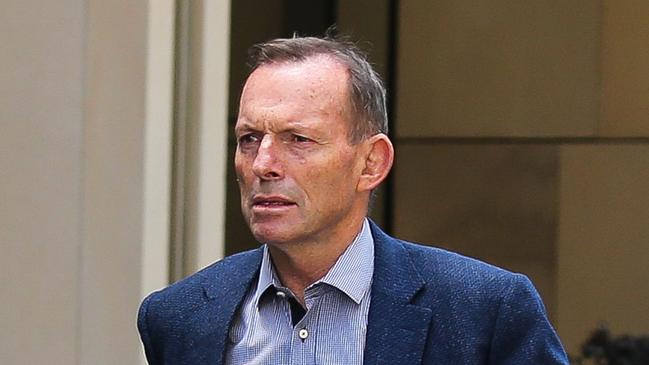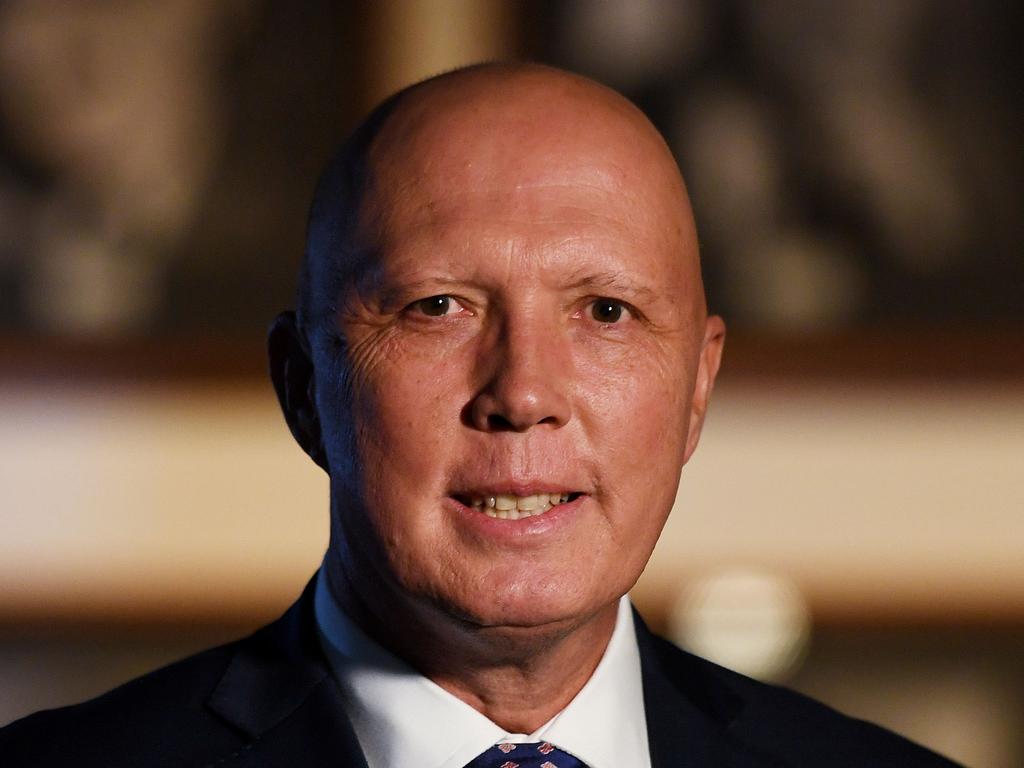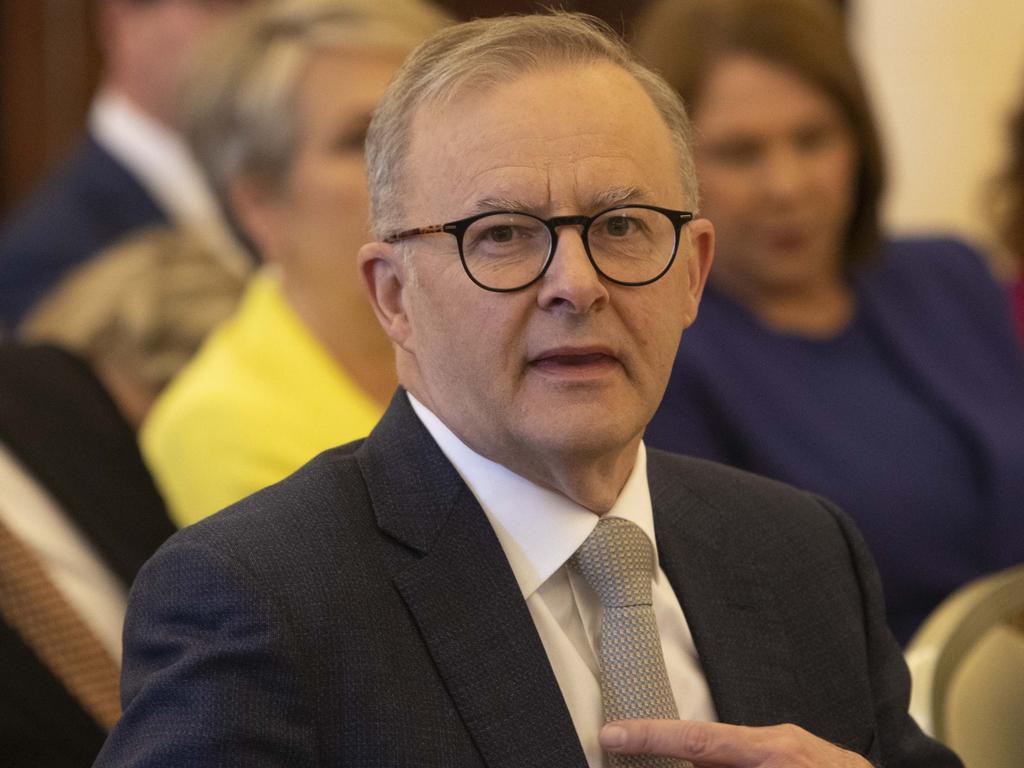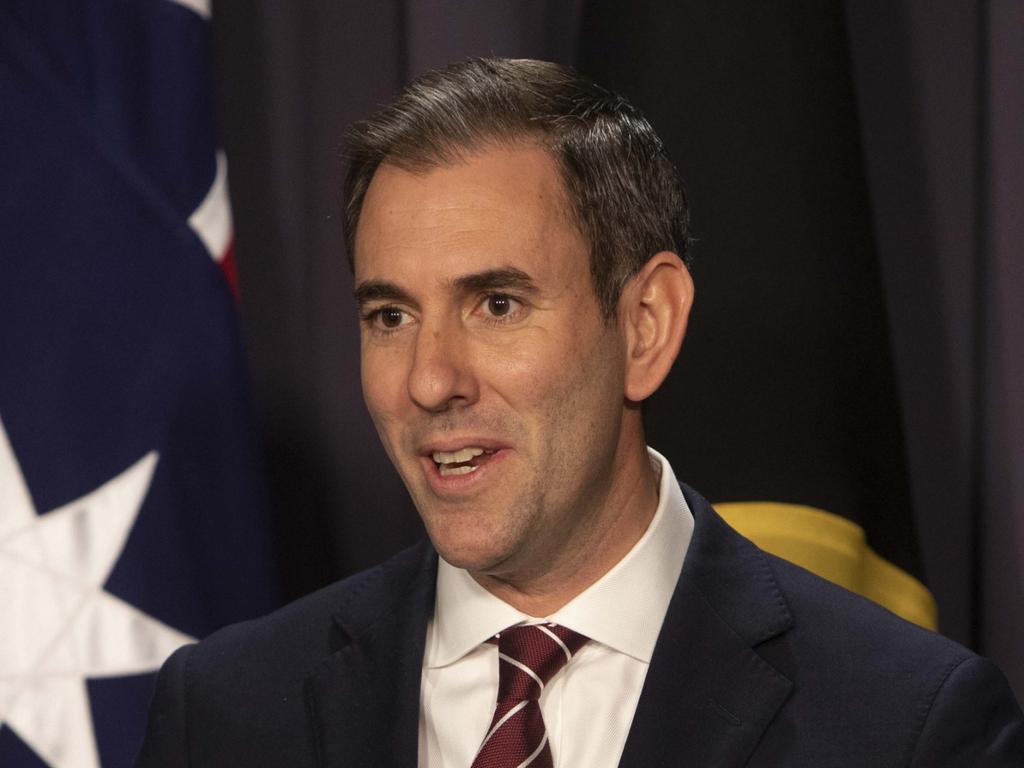Ten golden rules for an effective opposition


Rule One: Start as you mean to continue. Consistency counts because it’s hard to keep your political authenticity without it. As Tony Abbott said on his first day as party leader, the job of opposition is not to make weak compromises with a bad government (as his predecessor did routinely) but to present a clear alternative; which is exactly what my former boss did on climate, border protection and budget management. On his first day as leader, Peter Dutton’s robust affirmation of the Liberals’ commitment to today’s equivalent of Menzies’ “forgotten people” and a declaration that the opposition would not be Labor-lite was the right place to start.
Rule Two: Pick your best team. Abbott’s front bench certainly had talent. Unfortunately, too many of them used it to undermine their leader rather than make a difference in their portfolios. Dutton is lucky not to have a rival breathing down his neck. And, even without Josh Frydenberg, there are still some great potential front benchers: like Andrew Hastie, Dan Tehan, Alan Tudge, Sarah Henderson, Matt Canavan, Keith Pitt and Karen Andrews. The case for Angus Taylor as shadow treasurer is compelling, especially as Taylor has the character and decency to be completely loyal.
Rule Three: Don’t chase headlines. The worst oppositions are those that operate from all points on the political compass, such as attacking the government both for spending too much and for spending too little. The best are those that develop a strong sense of what they want to do, should they win the next election, and then hold the government to account on that. Like Abbott, Dutton knows Labor’s climate change policies are bound to drive power prices up and reliability down, plus put jobs at risk, so has indicated from the outset that his emissions reduction policy won’t put pressure on jobs or cost of living.
Rule Four: Take the time to think and write. Before he was opposition leader, Abbott wrote Battlelines, published in mid-2009, which helped him think through some of the big challenges facing the centre-right of politics and its natural supporters. The chapter “What’s Right” remains a fine account of what he called the “mostly happy marriage” of philosophical liberalism and conservatism inside the Liberal Party. Howard’s carefully scripted “headland speeches” in 1995 and John Hewson’s earlier “Fightback!” document gave Howard’s long prime ministership its policy grunt. It’s too late to work out what you want to do as a new government on the eve of an election, or to expect the bureaucracy to tell you what to do once you’re there, because what’s the point of a change of government if ministers are merely the puppets of the public service? Abbott was criticised by the haters for three-word slogans but they cut through and all of them – “stop the boats”, “axe the taxes”, “fix the budget” and “build the roads” – precisely encapsulated strong policy ideas developed by applying Liberal principles to the problems of the day. Contrast Malcolm Turnbull’s election 2016 slogan, “jobs and growth” – probably suggested by Treasury – that was completely devoid of content.
Rule Five: Don’t forget Liberal Party members. They are the people who raise the money, man the booths and argue the party’s case in the community. Right now, they’re demoralised, not just by defeat, but by Liberal governments that don’t seem to stand for anything and by local party organisations that don’t take their views seriously. In this campaign, in NSW, many local Liberals were on strike because factional machinations had denied members their right to chose candidates. It’s not the first time the dysfunctional NSW division has cost the party dearly. In 2010, Abbott might have gained the last seat he needed to oust a one-term Labor government had key candidates been picked earlier. Dutton needs to ensure all the state divisions are functioning better (and that means going to all their state councils and working out who are the workers and who are the shirkers) if he’s to have a fighting chance of winning in 2025.
Rule Six: Have good candidates. Enough of the timeserving factional hacks foisted on electorates by party HQs that take voters for granted. One of the lessons of the recent campaign, be it Dai Le in Fowler, or some of the teals, is that good candidates that fit their seats add multiple points to your primary vote. Look at the Nationals – local “champions” connected to their communities meant they held every seat, unlike the Liberals’ wipe-out.
Rule Seven: Avoid essentially theological arguments about whether the party should be more left or more right. That’s because the party has always been relatively liberal or conservative depending on circumstances. In response to self-serving demands by people like NSW Treasurer Matt Kean to ape the Greens to win back teal seats (even though it was dripping wet “modern Liberals” that lost them), shrewdly, Dutton pointed out his job was not to lead the “moderate party” or the “conservative party” but “the Liberal Party”.
Rule Eight: Create a contest with Labor. Oppositions don’t have to be against everything a government does (especially on issues where the government is already copping flak from others) or to have a fully formed policy on every issue immediately but they do need to be prepared to say what they would do differently in government. Abbott gained 25 seats from Labor in successive elections largely by disagreeing on climate policy – and confounded the pundits who said you couldn’t win a climate fight – by shifting the terms of the debate away from virtue-signalling without economic cost on to exposing what those costs would be for people least able to afford them. He proposed a way forward that balanced international obligations, with our actual emissions (less than 1.3 per cent of global totals). Dutton would be wise to amp up the economic reality as households face skyrocketing power prices.
Rule Nine: Remember that the harder you work, the luckier you get. Effort, energy, policy courage and personal decency didn’t save Abbott from being rolled as PM after just two years, by a cabal who have subsequently shown themselves to be hardly Liberals. But it did make him an extraordinarily effective opposition leader – and that’s what Dutton needs to be over the next three years if he’s to become PM.
And finally, the most important, Rule Ten: Remember, you succeed in politics by winning arguments, not by running away from them. Support good policy and oppose bad policy but don’t try to make bad policy less bad to appease some vested interest or to pander to political correctness. Conviction is everything. The surest way to stay in opposition is to be bluffed into trying to improve what the government does, rather than stating, emphatically and frequently, how you would be different and better. It’s not Dutton’s job to save the country from opposition, or to dismay his base by trying to make bad Labor policy less bad, if he loses what makes him a Liberal along the way.
Peta Credlin is the host of Credlin on Sky News, 6pm weeknights.







In the wake of an election defeat, political parties are typically bombarded with advice: some of it ill-intentioned, from people who will never vote for you; and much of it self-serving, from people who seize every opportunity to grind an axe or shift blame where they should instead accept responsibility. As someone who worked for Liberal MPs for 16 years (four Howard government ministers, three opposition leaders and one PM), I think my party credentials are good; and, as the former chief of staff to the last successful Liberal opposition leader, I reckon there’s some early lessons worth taking on board.